The Butler
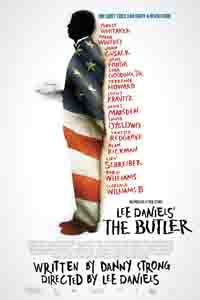
Graphic By Alex Boutrous
September 27, 2013
This past August, Lee Daniel’s film, “The Butler” opened in theatres across the country. The film features an all-star ensemble cast, starring Forest Whitaker, Oprah, Mariah Carey, Vanessa Redgrave, Lenny Kravitz, John Cusak, Cuba Gooding Jr, and others. “The Butler” follows the story of Cecil Gaines, an African-American man born in the 1920s. The film follows his journey from a domestic servant to a southern family to his tenure as a White House butler, serving eight presidents in total.
The film begins in 2009, with Gaines recounting his story as he waits in the White House. Complementing the central plot, the film chronicles the major events of the later 20th century, including the Vietnam War and the Civil Rights Movement.
A strong theme of the film is the way butlers, particularly Gaines were able to blend in with the scenery. On one of Gaines’ early shifts in the White House, his boss tells him, “You hear nothing. You say nothing. You only serve.” The film puts a lot of weight on the way Gaines blended into the background, indirectly perpetuating the very social inequality highlighted in the film. Gaines’ first major butler position has him working at an upscale hotel. Word of mouth from these patrons gets him the very White House butler position this film nararates.
This is not the only film of its kind in theaters now – British director Steve McQueen’s film, “12 Years A Slave” opened on September 6th. Both films have generated a flurry of Oscar buzz. One thing that struck me as odd is the fact that all of the films centered around African American characters to tell stories of slavery or the civil rights movement. While these are both valid and important stories to be told, I am bothered by the fact that a movie about a major feature film about a White House butler came out before a feature biopic about Martin Luther King Jr or The Black Panthers, or Rosa Parks. While Spike Lee’s “Malcolm X,” came out in 1992, there has been a strong lack of such films since then. From what I’ve noticed, filmmakers tend to center plots around
How are we supposed to move toward true equality and social justice for all races, when movies like The Butler, and The Help tell the stories of African American domestic help? I appreciate the fact that without movies (or books) such as these, their stories are more likely to go untold. Films like The Butler, while perhaps entertaining, are not helping us move forward to a more just and fair society. Rather, a film whose central plot follows those individuals who stood up for their rights and pushed for change, instead of being a side story in a larger film, would be more effective.


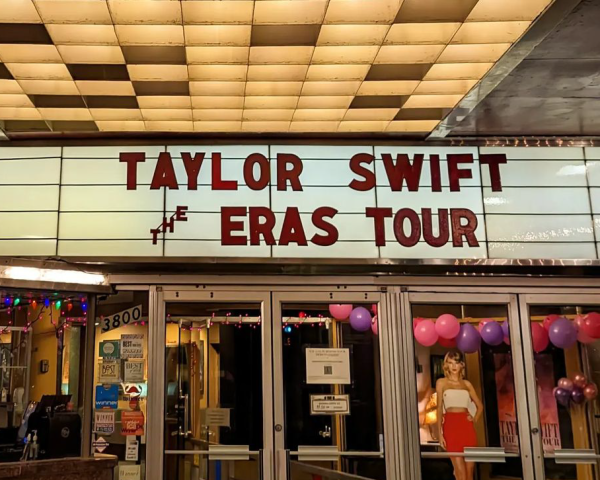
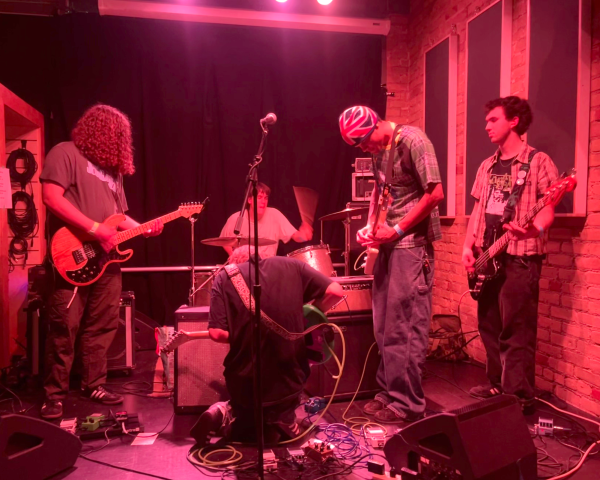
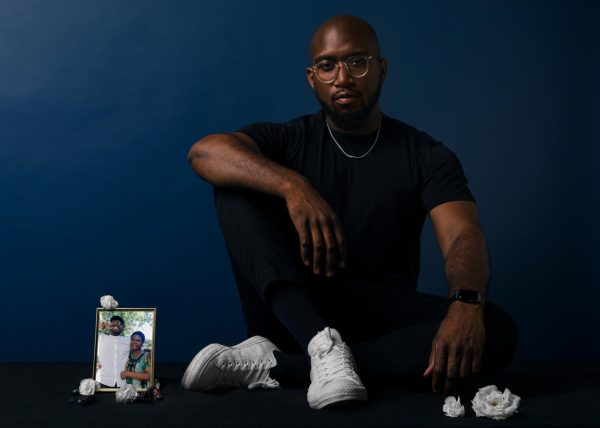
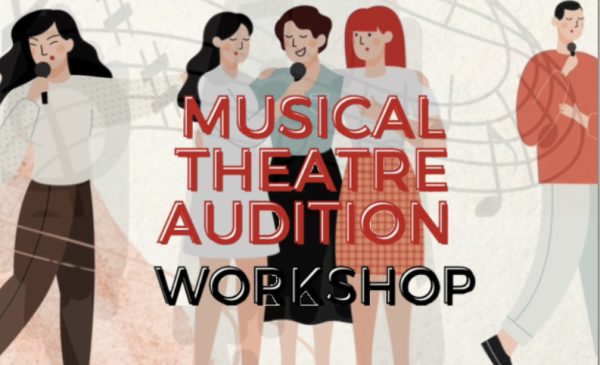
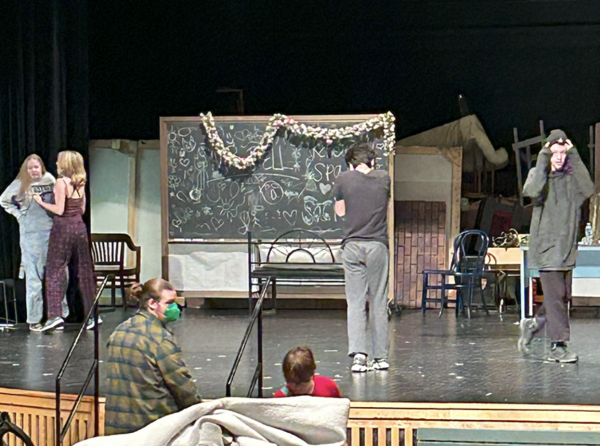
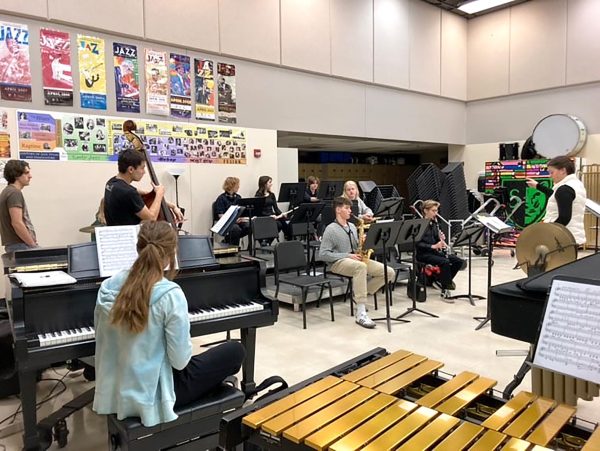
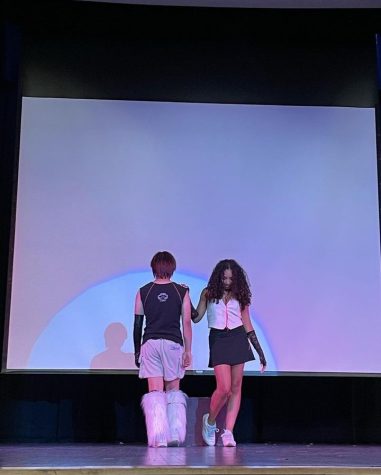
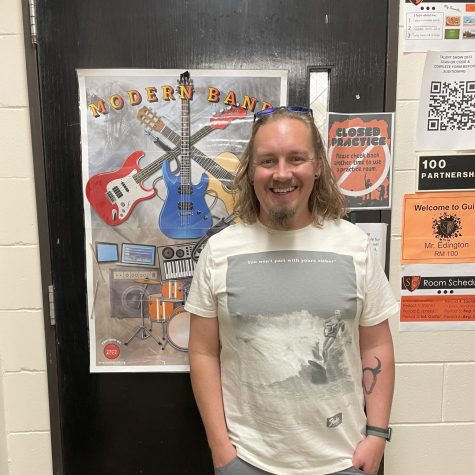
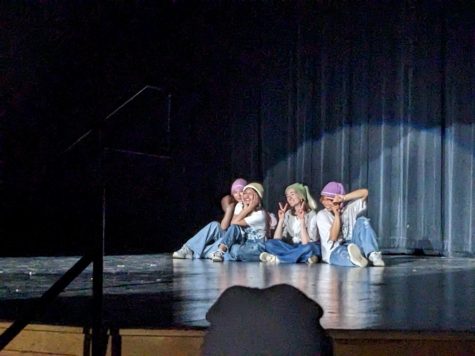
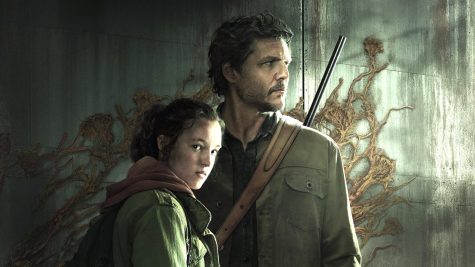
Maggie Fisher • Oct 4, 2013 at 2:36 pm
The Butler seems really interesting. I like your point that movies like The Butler don’t help move society towards social equality. I’d never thought about it like that before.Although I haven’t seen the movie, I slightly disagree with you. On one hand, I think movies like these highlight the injustices and therefore people gain awareness. On the other hand, I do agree that a movie with people standing up for their rights and themselves, would be more motivating and better for thesocially equality movement.
After reading your article, I would like to go see the movie. Awesome article!